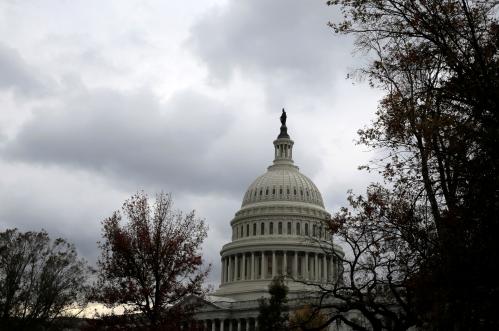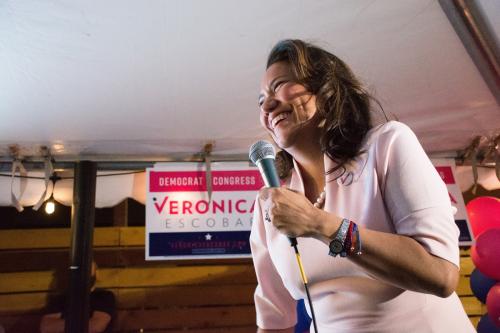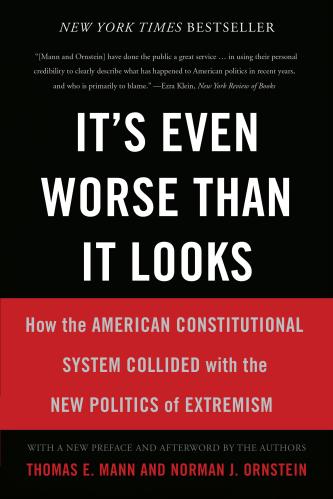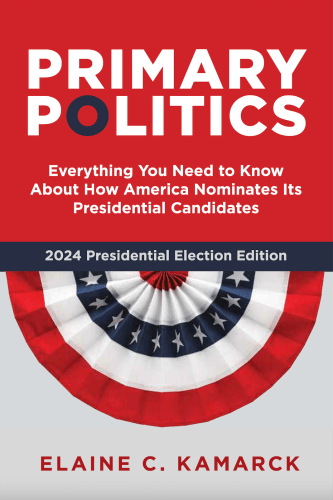People used to think that even with binding primaries, insiders still controlled the presidential nominating process in each political party. That is, until Donald Trump proved them wrong. In a new paper, “Re-inserting peer review in the American presidential nomination process,” Elaine Kamarck proposes reforms to the presidential nominating system that would preserve voters’ final decision in the process, but ensure that candidates have the confidence of party leaders.
For most of U.S. history, small groups of elites chose candidates for president. Each candidate had to have the approval of their peers—such as the national committees, members of Congress, and state governors. But starting in 1968, binding primaries started to become the norm in national elections. Tracing this history, Kamarck describes how primaries at the national level initially emerged in the Democratic party, spread to the Republican party, and became the inevitable first step toward U.S. general elections.
As the first-ever U.S. president with no experience in politics or public service, Donald Trump got where he is today by bypassing Republican party leadership and appealing directly to rank-and-file members of the GOP. In 2016, Republican party leaders had no recourse but to watch as Donald Trump rose to become their candidate for president, despite never having served in office before.
The paper discusses whether today’s political parties can reintroduce peer review into the presidential nominating process in an age where insider influence is commonly viewed as undemocratic and even corrupt. Kamarck proposes three solutions. The first option is to preserve the role of superdelegates in the Democratic party, and to introduce them into the Republican process. The other two options she proposes are formal mechanisms for party leaders to evaluate the candidates and communicate their preferences to voters: pre-primary endorsement, and pre-primary votes of confidence.
With the safeguards Kamarck proposes, candidates with little or no experience in government could be prevented from exploiting the nominating system—not by reverting to the smoke-filled rooms of the past, but by requiring a clear evaluation of their fitness for office by their peers.
The Brookings Institution is committed to quality, independence, and impact.
We are supported by a diverse array of funders. In line with our values and policies, each Brookings publication represents the sole views of its author(s).











Commentary
It’s time to look at how we nominate presidents
April 27, 2017